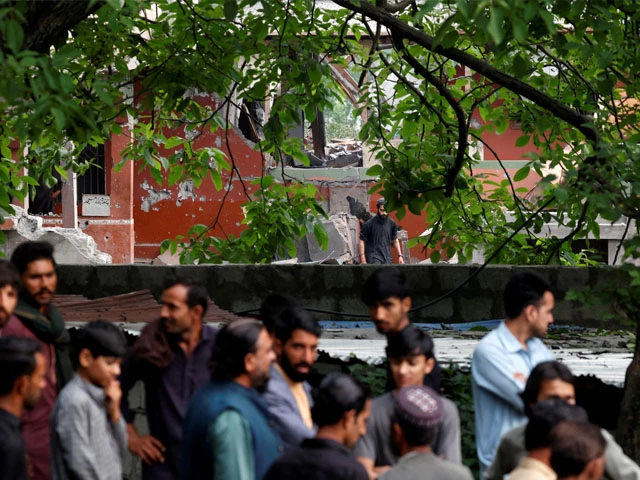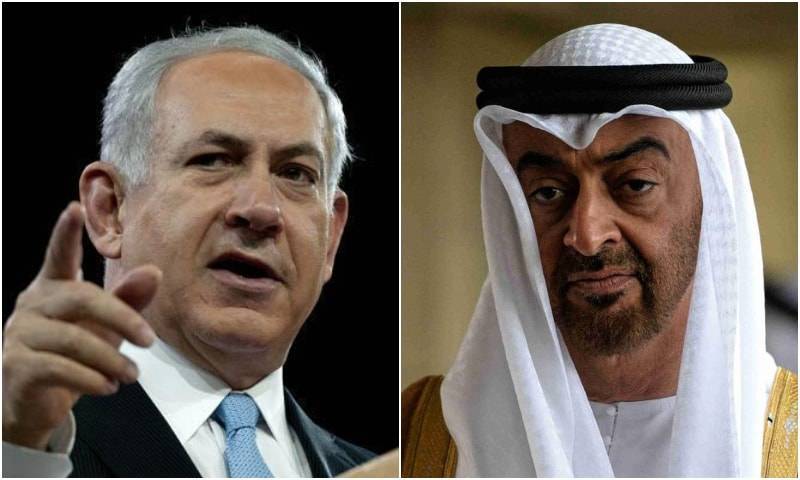Pakistan has intensified its efforts to curb online extremism by urging global social media companies to take swift and decisive action against terrorist content and establish local offices within the country.
Minister of State for Interior, Talal Chaudhary, emphasized during a press briefing on Friday that the initiative is aimed at national security—not censorship. “We are building walls against terrorism, not silencing free speech,” he said, outlining Pakistan’s new digital security strategy.
According to the Ministry of Interior, terrorist groups including Tehrik-i-Taliban Pakistan (TTP), Islamic State-Khorasan Province (ISKP), Baloch Liberation Army (BLA), and Baloch Liberation Front (BLF) are actively using platforms like Facebook, YouTube, and X (formerly Twitter) to spread propaganda and lure young people into extremist networks.
Officials reported that 2,417 complaints related to terror-linked content are currently being reviewed. The government has called for urgent platform responses and the use of artificial intelligence tools to automatically detect and remove such content.
READ MORE:
Mike Hesson Reflects on Pakistan’s T20 Progress, Emphasizes Depth and Consistency
“These groups are globally recognized terrorist organizations,” Chaudhary said, noting that ISKP and TTP are banned by the United Nations, while BLA is listed as a terrorist group by the US and UK.
Minister of State for Law and Justice, Barrister Aqeel Malik, reinforced that promoting terrorist ideology online is a crime under the Prevention of Electronic Crimes Act (PECA), and violators will be prosecuted accordingly.
Pakistan is also demanding that platforms share IP addresses linked to extremist accounts and apply automated systems for real-time content moderation. To enhance cooperation, Islamabad has invited social media companies to establish in-country offices to support efforts against digital radicalization.
“Pakistan urges international cooperation to counter digital terrorism threats,” Chaudhary concluded, stating that this initiative aligns with broader global security objectives.




